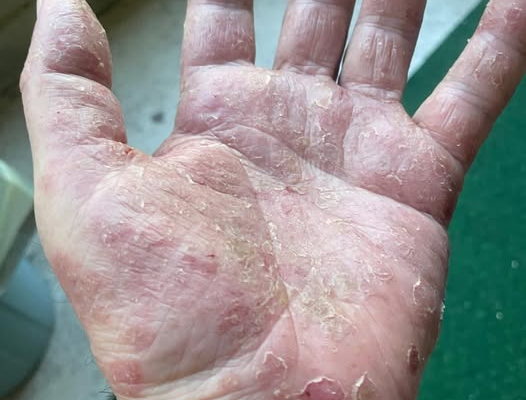Oral cancer, often referred to as mouth cancer, is a condition that can affect different parts of the mouth, including the lips, tongue, inner cheeks, gums, and the lower portion of the oral cavity. Because the early stages usually show very few noticeable signs, regular dental checkups are an essential part of protecting your health.
Why Regular Dental Visits Matter

Dentists recommend that everyone visit for a full oral health checkup at least twice a year. These visits allow professionals to detect changes that might otherwise go unnoticed. For individuals who smoke, chew tobacco, or consume alcohol regularly, checkups are even more critical, since these habits can increase oral health risks.
Early detection can make a major difference. Many people assume they will notice symptoms right away, but in reality, changes often develop slowly and without pain. A trained specialist can identify concerns early and guide you on the next steps.
Common Warning Signs to Be Aware Of
While only a professional can provide a proper diagnosis, some possible warning signs to pay attention to include:
- Unusual sores or ulcers inside the mouth that don’t heal in a couple of weeks
- White or red patches on the tongue, gums, or inner cheeks
- Persistent swelling or thickened areas in the mouth
- Difficulty chewing, swallowing, or moving the tongue
- Changes in voice or unexplained discomfort in the throat
If you notice any of these changes, it’s important not to ignore them. Scheduling an appointment with your dentist or an oral cancer specialist like Dr. Sajjan Rajpurohit can help ensure proper evaluation and care.
Risk Factors You Should Know
Certain factors may increase the likelihood of developing mouth-related health issues:
- Tobacco use in any form (smoking, chewing, etc.)
- Excessive alcohol consumption
- Poor oral hygiene or untreated dental problems
- Family history of oral or other cancers
- HPV infection, which has been linked to oral cancers in some studies
Being aware of these risks can help you make informed lifestyle choices and understand why regular checkups are essential.
Stages of Mouth Cancer
Oral cancer is generally classified into stages that describe how much it has progressed. These stages range from early-stage (localized and often symptom-free) to advanced stages where the condition spreads beyond the mouth. Because symptoms are often subtle or absent in the beginning, regular professional screening is the best way to ensure any changes are caught early.
The Role of Specialists
A Mouth Cancer Specialist, such as Dr. Sajjan Rajpurohit, focuses on diagnosing and managing conditions related to oral cancers. Specialists use advanced techniques to detect, monitor, and treat the disease, ensuring patients receive the best possible care at every stage.
Prevention and Self-Care
Prevention is always better than cure. Here are some practical steps to reduce your risks and maintain good oral health:
- Quit or avoid tobacco products entirely.
- Limit alcohol consumption.
- Maintain a healthy diet rich in fruits and vegetables.
- Brush and floss regularly to support overall oral hygiene.
- Protect your lips from excessive sun exposure by using lip balms with SPF.
- Schedule routine dental visits, even if you feel fine.
Final Thoughts
Mouth cancer is a serious condition, but with the right knowledge and proactive care, its risks can be reduced and outcomes improved. Regular dental visits, paying attention to symptoms, and seeking expert advice when needed are the best steps you can take. Remember — early detection can make all the difference.
If you notice anything unusual in your mouth or are part of a higher-risk group, don’t delay in consulting your dentist or a trusted specialist like Dr. Sajjan Rajpurohit for a professional opinion.



